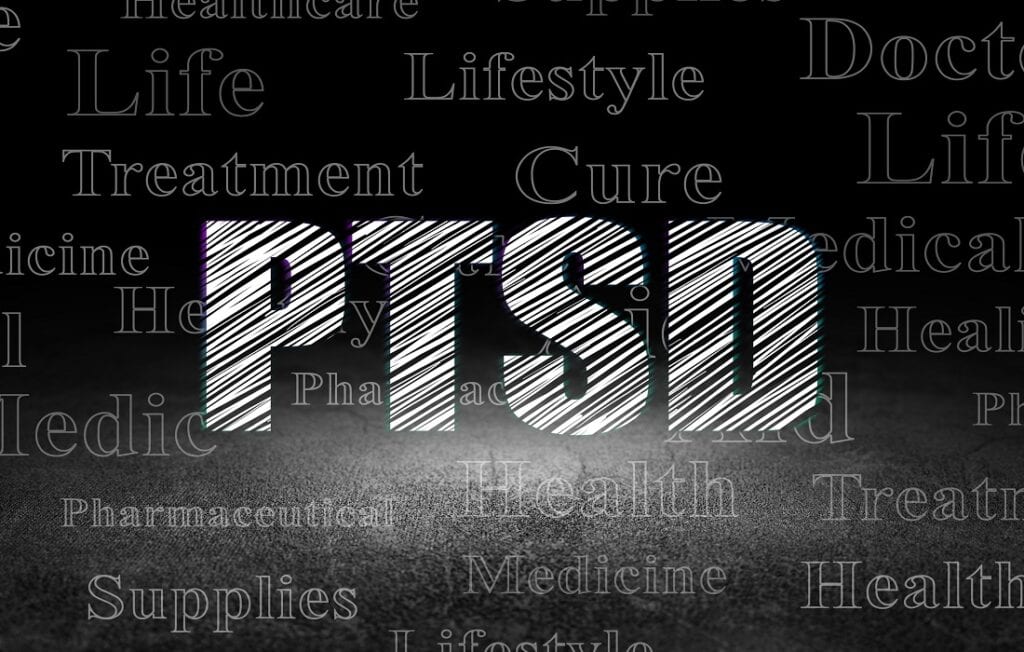PTSD is a condition that can develop after experiencing or witnessing a traumatic event. It’s common for people with about PTSD to experience intense feelings of fear and anxiety, as well as disturbing thoughts, dreams, and memories of the event.
If these symptoms last for more than one month, it’s possible you have PTSD. In this guide, we’ll explore what causes PTSD and how it affects different people. We’ll also look at ways to help improve your mental health if you think you might have PTSD.
Post-Traumatic Stress Disorder Is a Severe Mental Health Condition
Post-Traumatic Stress Disorder is a mental health condition that develops in some people who have experienced a shocking, scary, or dangerous event. PTSD can be caused by many different types of traumatic events, such as serious accidents, terrorist attacks, physical or sexual assault, or military combat.
PTSD symptoms may start soon after the traumatic event occurs but sometimes begin years later. Most people who experience trauma do not develop about PTSD.
However, if you have been diagnosed with PTSD it is important to seek treatment from your healthcare provider or another mental health professional like a psychologist or psychiatrist.
There Are Many Symptoms of PTSD
The TV might leave you thinking that those who suffer with PTSD are left crying in the corner for hours. While this can be true for some people, there are other symptoms that you should be aware of. Being easily startled and having trouble concentrating on daily tasks when reminded of the trauma are some of the lesser-known symptoms.
Additionally, people with PTSD may avoid situations that remind them of the trauma such as driving or going back to work. Some people may be emotionally detached or numb. It’s common for a person with PTSD to experience sleep problems, nightmares, and flashbacks of the traumatic event.
Military Servicemen and Women Are Not the Only Ones With PTSD
PTSD can develop after experiencing or witnessing any event that causes trauma. The traumatic event can be a serious accident, mental or physical abuse, or experiencing assault, to name a few. Some people experience about PTSD after a natural disaster like a fire, flood, or hurricane.
Recovery From PTSD Is Possible
While it’s not possible to completely forget what happened, it’s possible to improve your emotional response over time with a variety of treatment options.
It’s a process that takes time and doesn’t happen overnight. The important thing to remember is to give yourself permission to feel whatever emotions come up as you go through this difficult time.
Your healthcare team may suggest a combination of medications and therapies to help you. It’s important to take a about PTSD assessment to see if you may be experiencing some trauma from a difficult experience.
Anyone Can Develop PTSD
PTSD can affect anyone. It’s estimated that more than 8% of people will experience some form of about PTSD in their lifetime. This mental health condition affects people of all ages, genders, races, and ethnicities. Even people who are emotionally healthy can experience about PTSD after a traumatic event. It doesn’t matter where you live or what you do for a living.
Anything Can Trigger Symptoms
Some people may have triggers from seeing a car crash on the road, watching movies about war, hearing loud noises, and more.
Individuals may find themselves experiencing panic attacks during stressful moments at work, hearing a baby cry, and even shopping at the grocery store and seeing someone in a certain color of clothing. Symptoms usually get worse over time if they are not treated.
They may also come back when something triggers memories of the traumatic event.
People With PTSD May Have Trouble Sleeping
Difficulty falling asleep or waking up during the night is another indicator of PTSD. You may have trouble falling or staying asleep, or you might wake up feeling like you haven’t slept at all. If after a traumatic event you find it hard to sleep, it’s important to reach out and get help from a professional so that you can start to rest better.

PTSD Is Not a Sign of Weakness
Some people mistakenly believe that about PTSD happens because of an innate weakness. This is not the case. In fact, it is a result of a real trauma that the brain is trying to process and cope with. Getting about PTSD isn’t a moral flaw, it’s simply the result of something scary, dangerous, or painful.


